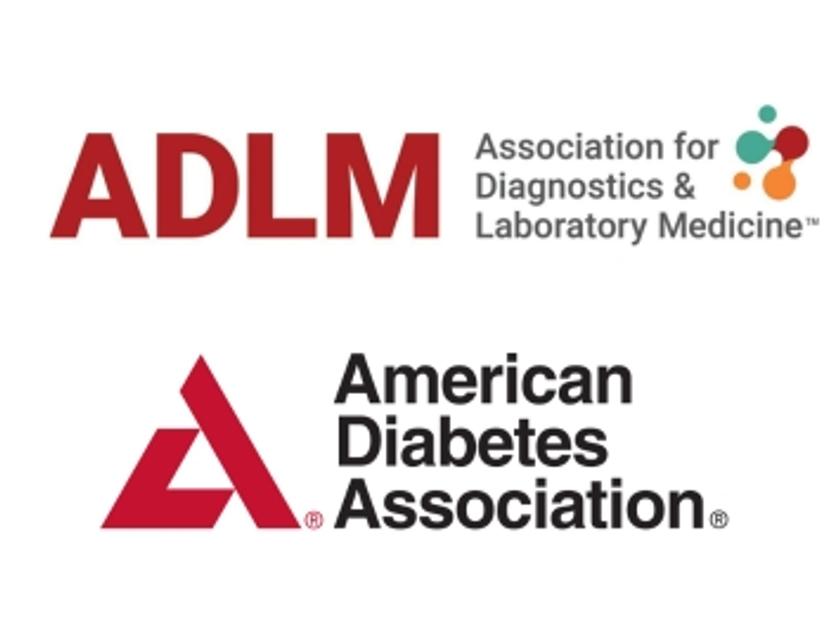AACC releases comprehensive guidelines on diabetes testing
In collaboration with the American Diabetes Association, the new guidelines are designed to improve patient care
23 Jul 2023

The American Association for Clinical Chemistry (AACC), in collaboration with the American Diabetes Association® (ADA), has released evidence-based guidelines to help diagnose and manage patients with diabetes using the latest laboratory-analysis tools. The guidelines replace previous versions published in 2002 and 2011.
The new document features extensive updates on continuous glucose monitoring and more precise recommendations for measuring glucose and hemoglobin A1c. Written by a cross-disciplinary team of medical experts, the guidelines provide specific, actionable advice that will enhance collaboration among healthcare professionals and improve care for millions of people.
Among the most significant additions to the 2023 document is its recommendations around continuous glucose monitoring (CGM), where a patient’s blood glucose is measured every 5-15 minutes. The team recommends using real-time CGM in conjunction with insulin as a tool in certain teens and adults with type 1 diabetes. This recommendation applies to patients with type 1 diabetes who are not meeting their blood sugar (glycemic) targets, are unaware of when their blood sugar is low, and/or are prone to low blood sugar. CGM is not used frequently for patients with type 2 diabetes, however, the guidelines suggest that providers consider CGM for type 2 patients using insulin who are not meeting their glycemic targets.
The new document also recommends that healthcare workers use blood-collection tubes that contain a citrate buffer to minimize the breakdown of glucose after blood samples are taken. This is important because such glucose breakdown compromises the accuracy of measurements.
In addition, the team provides new guidance for standardizing measurements of insulin and C-peptide, a marker that helps distinguish between type 1 and type 2 diabetes. Further updates cover autoimmune and genetic markers for type 1 diabetes, including a promising analysis of gene mutations that can detect rare forms of neonatal diabetes.
